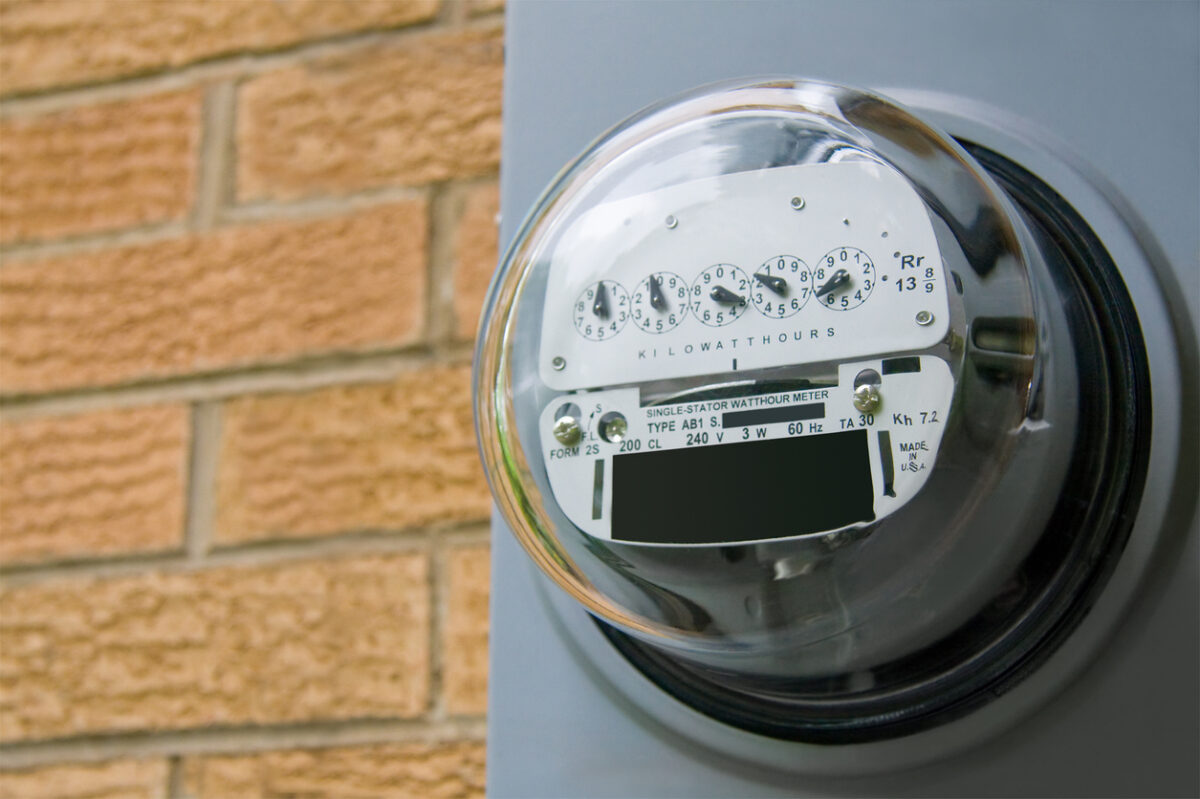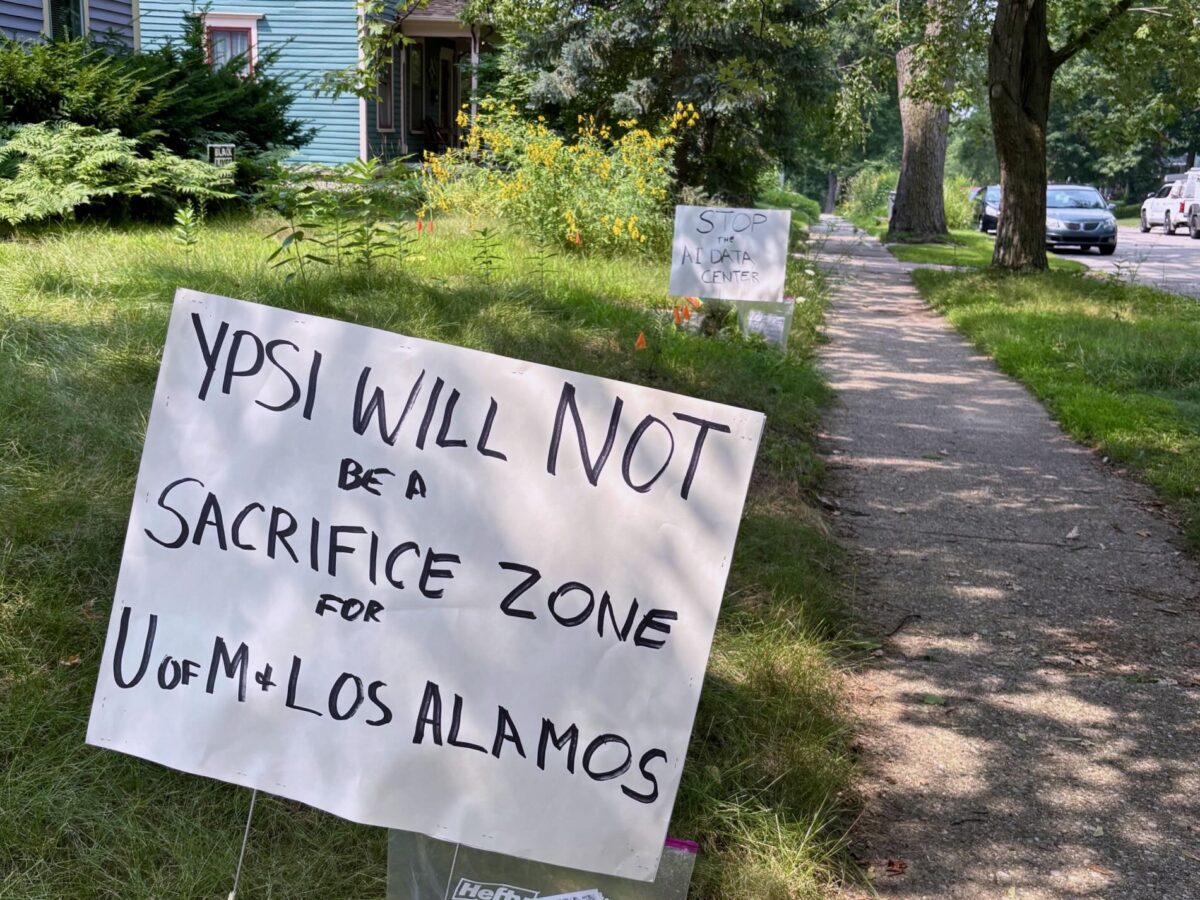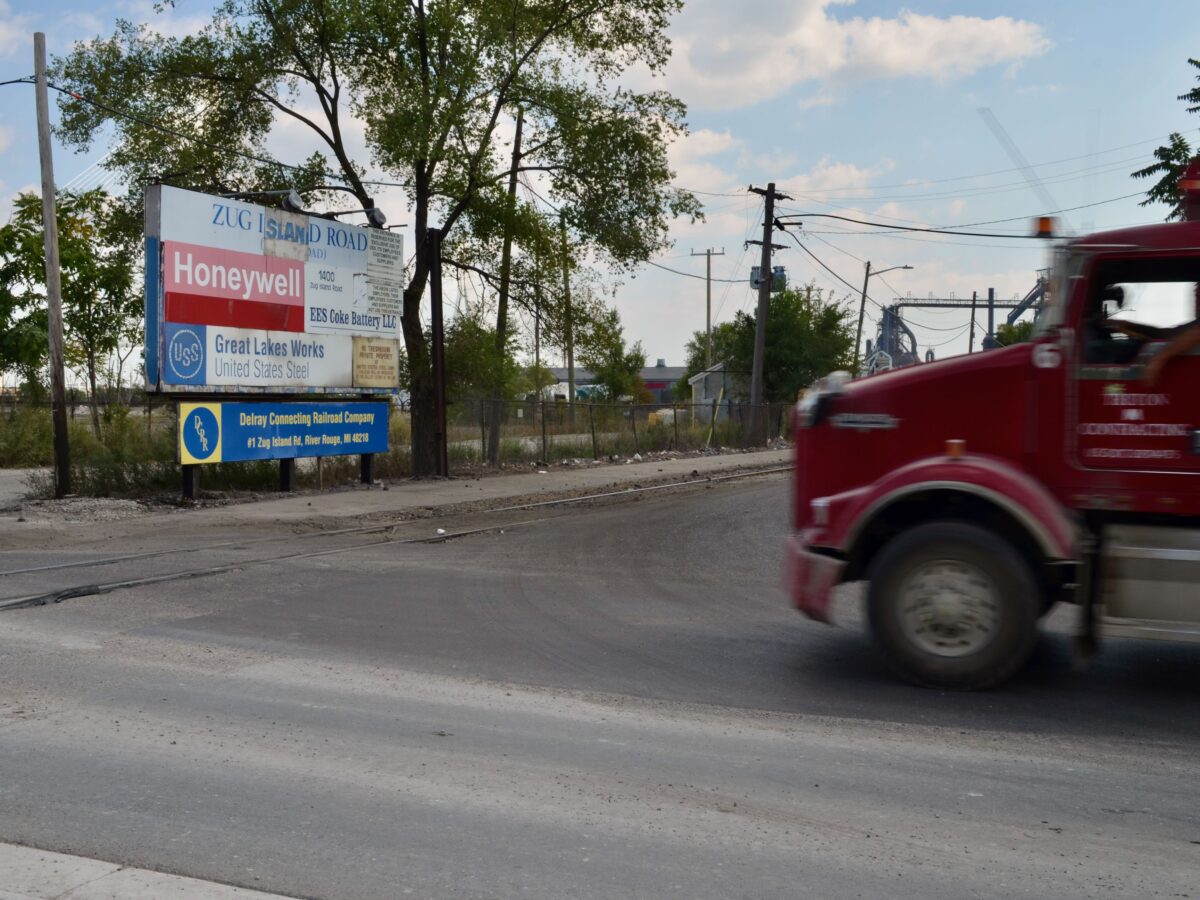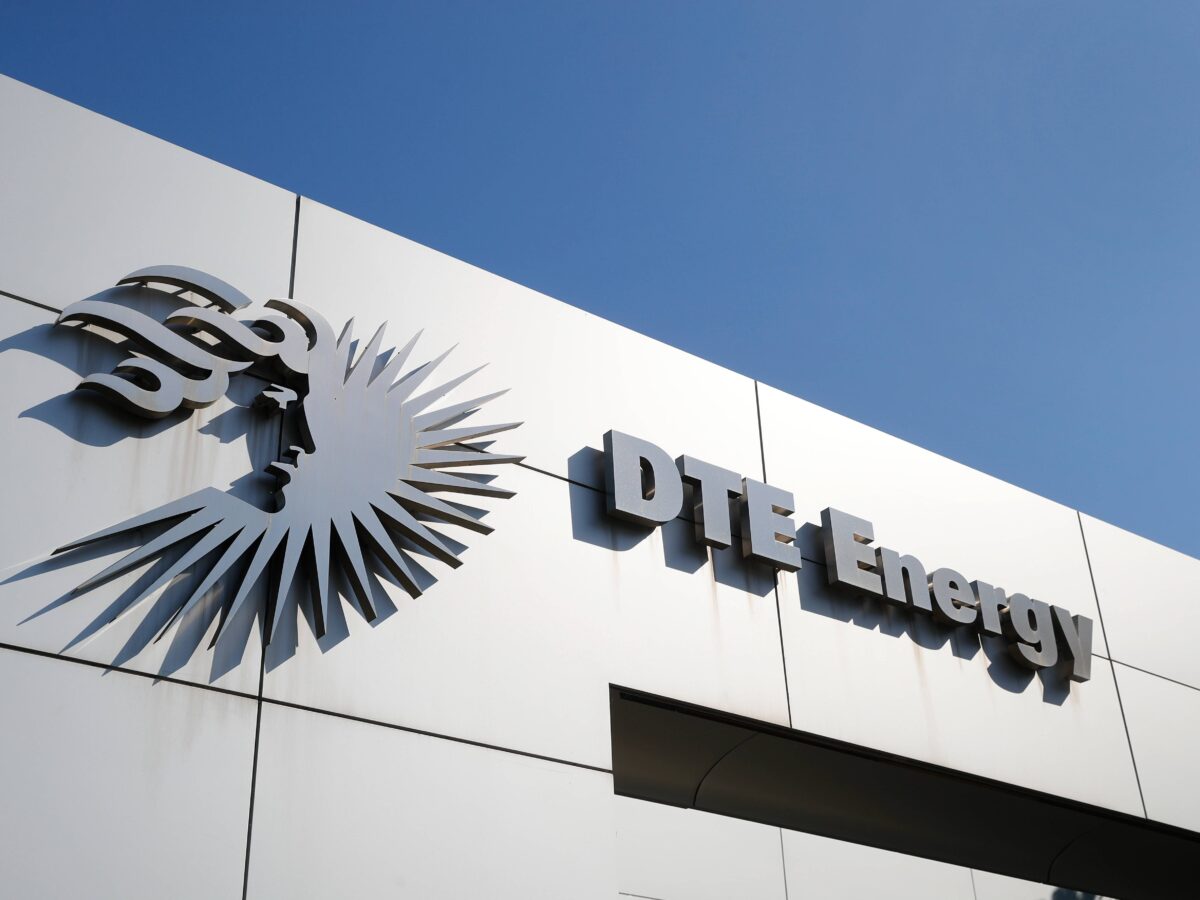Overview:
- Last year, DTE shut off gas or electric service to 211,647 customers for nonpayment statewide.
- Just 3,440 had service restored in that time frame "due to receiving assistance."
- Thousands of Detroiters face the same maze of programs, rules, deadlines and funding scarcity every year — and many are unable to avoid shut-off.
by BRIANA RICE, Outlier Media
This story was originally published by Outlier Media.
Shari Arrington got behind on her bills this summer, after her brother and grandmother died within a week of each other. Soon after that, she lost her job. She was overwhelmed when she got a shut-off notice from DTE Energy in June.
Arrington said she needed to come up with $1,400 to keep the lights on, but she was already struggling to pay rent and other bills. So she applied for emergency help through the State Emergency Relief Program (SER) and was offered $500 — but she’d have to come up with the $900 difference.
Arrington said she called United Way for Southeastern Michigan’s 211 line for help with the copay. She also called the Wayne Metropolitan Community Action Agency, the Salvation Army and The Heat and Warmth Fund (THAW). All of them told her they were out of money.
She reached out to Outlier Media in July, saying she’d been unable to get help.
The next month, Arrington said DTE shut off her power for nonpayment.
Wayne Metro confirmed to Outlier that it’s out of supplemental assistance funds until Oct. 1 — when state funding is expected to reset, barring a government shutdown. A representative for THAW said it still has money available but periodically closes applications because it lacks the staff to meet demand. It currently only has funding for Consumers Energy customers. (Reporting from Outlier and ProPublica in 2022 showed DTE’s shut-off rates were significantly higher compared to Consumers.)
“It’s just too much,” Arrington said of the process. ”It’s too much to have to go through so many loops just to get help.”
UTILITIES COVERAGE FROM PLANET DETROIT
Washtenaw communities fight data center developments: ‘Not soft touches’
Data center proposals in Washtenaw County force local officials to weigh in on massive developments that could bring significant local tax revenue — and transform rural landscapes.
DTE Energy lawyer asks judge to decide on utility’s liability for Zug Island air pollution
DTE’s motion comes during the bench trial of an EPA lawsuit over sulfur dioxide emissions from EES Coke Battery on Zug Island.
Michigan utility customers suffered nation’s longest power outages in 2023: How DTE, Consumers contributed
Utility watchdog criticizes Michigan regulator’s response to report, arguing it ignores the real experience of customers.
How utility assistance works, how it’s changing
Arrington’s experience isn’t unusual. Thousands of Detroiters face the same maze of programs, rules, deadlines and funding scarcity every year — and many are unable to avoid shut-off. Last year, DTE shut off gas or electric service to 211,647 customers for nonpayment statewide. Just 3,440 had service restored in that time frame “due to receiving assistance.”
Michigan could enact rules that allow regulators to take affordability into account when setting rates or cap bills based on household income. But for now, understanding how assistance programs work can help.
Utility customers in danger of shut-off can apply for emergency energy assistance through SER online at MI Bridges. Customers can also apply in person at a Michigan Department of Health and Human Services office. The department told Outlier it may take up to 10 days to hear a decision.
The maximum amount available to a single household in a year is $500. For many people, like Arrington, that’s not enough to cover a past-due balance and avoid shut-off.
That’s where the Michigan Energy Assistance Program (MEAP) is supposed to come in.
The state awarded $54.5 million this year to community agencies across the state. Households approved for SER are eligible for MEAP and are directed to call United Way’s 211 to get connected to an agency.
When a reporter called 211 on Sept. 4, the call center said MEAP funding was exhausted until Oct. 1.
Starting in October, more Michigan families will be eligible for MEAP. The state is changing rules so that a family of four making up to $61,861 will qualify — up from $46,800.
In 2023, MEAP helped nearly 57,000 Michigan households pay their utility bills — nearly half of them in Wayne County. Under the new rules, more than 300,000 additional households could get help.
If you can’t afford your DTE Energy bill, call the company at 800-477-4747 and ask to be put on a payment plan.
If you have a shut-off notice or need more help paying your bill, call United Way for Southeastern Michigan at 211 to get connected to assistance.
MEAP is funded by a small surcharge on electric bills — currently less than $1. Legislation signed by Gov. Gretchen Whitmer last year will raise that fee by 25 cents a year until it reaches $2 — more than doubling the money available for assistance by 2028.
Arrington knows that supplemental utility assistance should be available again in early October. But that won’t undo the harm that cascaded from her inability to get adequate and timely assistance. She’s moving out of her apartment, still saddled with debt to DTE and unsure where she’ll go next.
This article first appeared on Outlier Media and is republished here under a Creative Commons Attribution-NonCommercial-NoDerivatives 4.0 International License.





